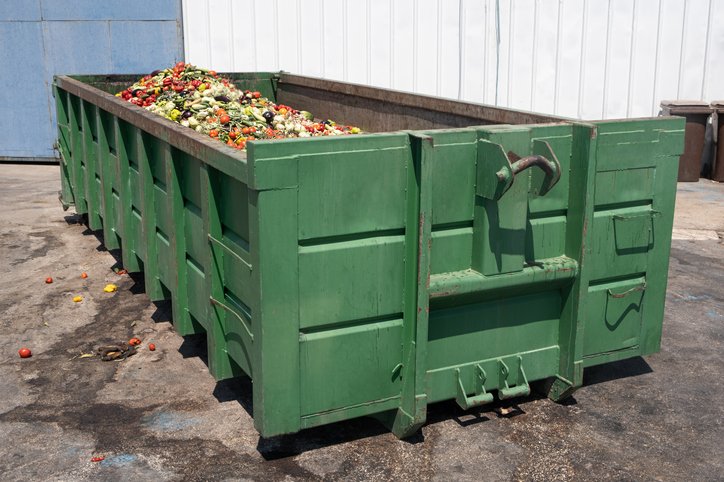The latest figures for surplus food redistribution in the UK show that the amount of food saved from becoming waste continues to rise significantly.
But WRAP, which monitors UK surplus food as part of its food waste prevention work, warns that each year nearly 200,000 tonnes of perfectly good food still go to waste in the supply chain.
Redistributing food
Against a backdrop of rising food prices and impacts on the supply chain, the collective efforts of the UK’s retailers, food manufacturers, hospitality and food service businesses and voluntary sector managed a 16% increase in surplus food redistribution in 2021.
In that year alone, more than 106,000 tonnes of surplus food – the equivalent of 253 million meals – were redistributed via charitable and commercial outlets, with a value of more than £330 million.
In 2021, charities handled six times more surplus food than in 2015.
The commercial sector took the bulk of surplus food from manufacturers in 2021, with retail the largest supplier to the charitable sector.
The hospitality and food service sector continues to increase the tonnage of surplus food it redistributes.
The types of food redistributed remain similar, with the amount of fresh meat and fish, drinks and ambient food doubling between 2019 and 2021. Fresh produce, dairy, chilled pre-prepared and frozen food all fell in 2021, with bakery and chilled-prepared foods now lower than in 2019.
Feeding climate change
Today’s announcement of a sixth year-on-year rise in redistribution follows a Food Standards Agency report highlighting the need to increase the amount of food redistributed, to ensure that as much surplus food is redistributed to people rather than going to waste.
Two years ago WRAP published best practice guidance on Redistribution of Own-Label surplus food products within the supply chain to drive up redistribution, after consulting with the FSA, Defra, UK retailers, suppliers, redistribution organisations and sector bodies.
The NGO continues to work with businesses to implement this best practice across supply chains, but warns that uptake could be faster.
‘It’s devastating to see how much food continues to be wasted from supply chains when so many people are struggling to afford the basics, and food redistributors say they can take more.
‘Whilst we welcome the increased amount of food being redistributed in the UK, we know there is a huge amount of good food – 200,000 tonnes of it every year – that could be feeding people.
‘Wasting food also feeds climate change, as all the resources taken to produce the food are thrown in the bin with it.
‘We urge all food businesses and their suppliers to adopt our guidance on redistribution as a priority and help more food get to the people who need it. The surplus food is there, and there is so much more that could be saved at this difficult time for UK families.’
CATHERINE DAVID
Director, Collaboration and Change at WRAP
 Play Video about This Rock Might Just Save The World
Play Video about This Rock Might Just Save The World Play Video about Play 2 hours of rock
Play Video about Play 2 hours of rock Play Video about Play 2 hours of brook
Play Video about Play 2 hours of brook Play Video about Play 2 hours of sheep
Play Video about Play 2 hours of sheep











































